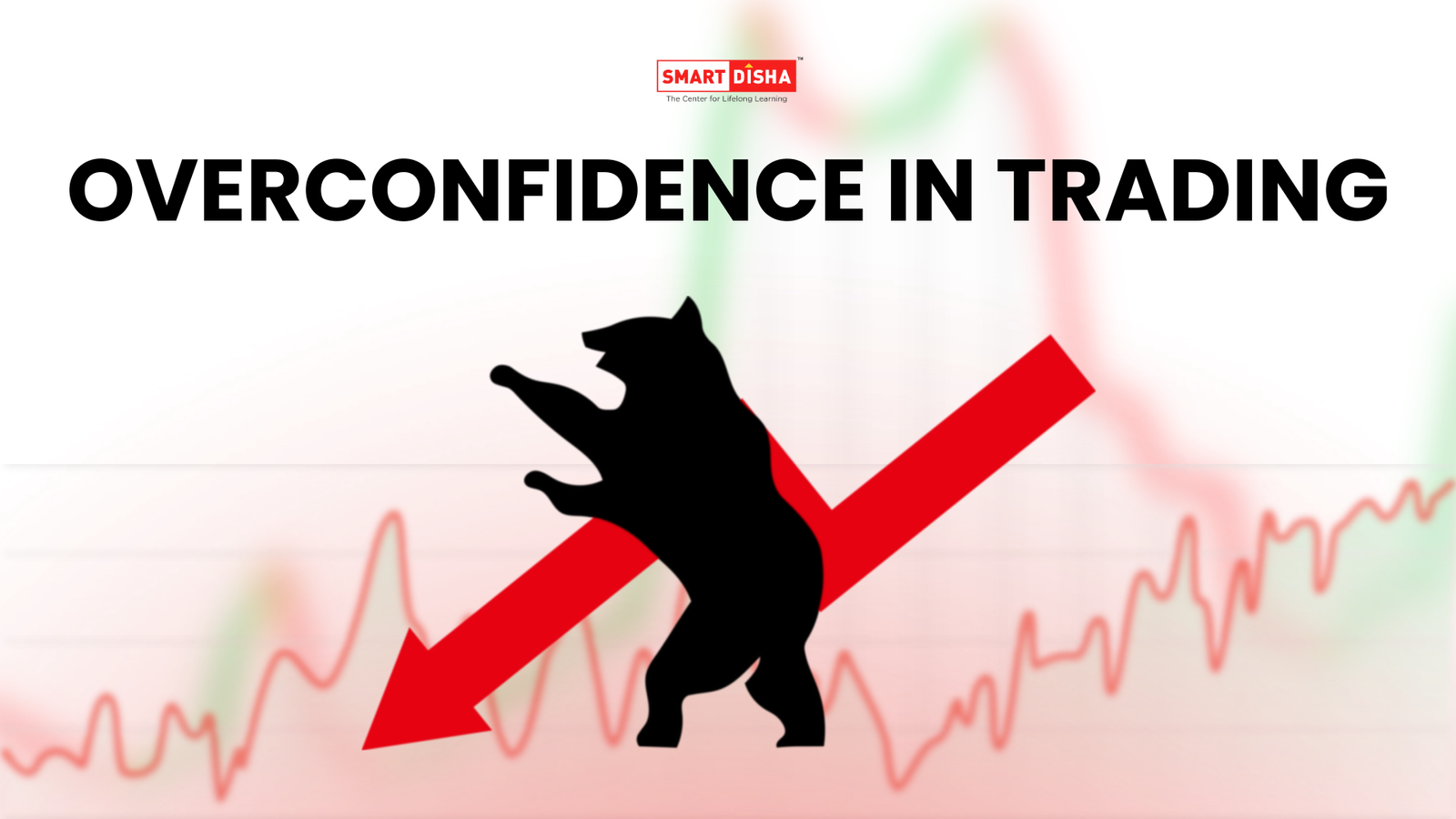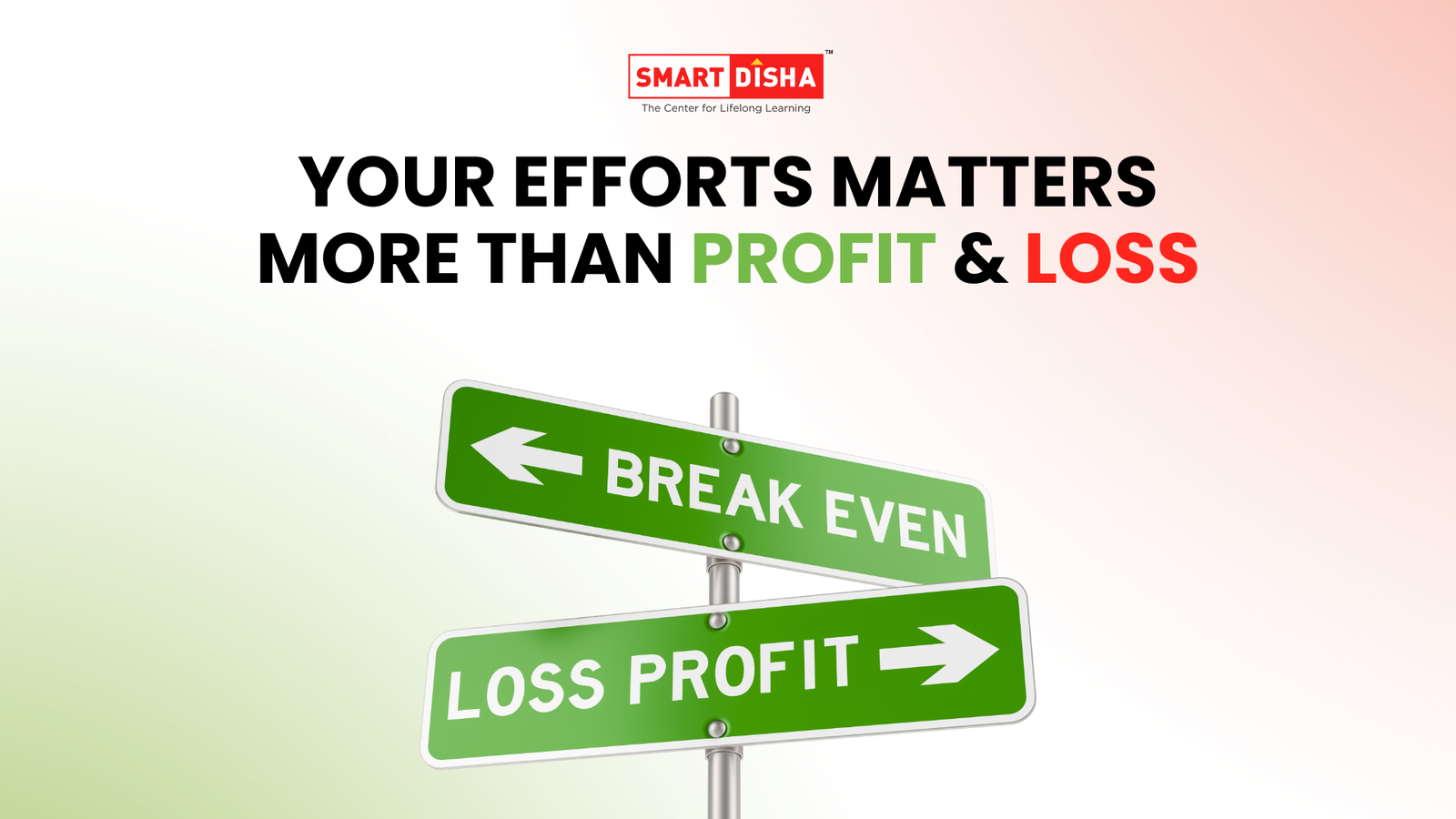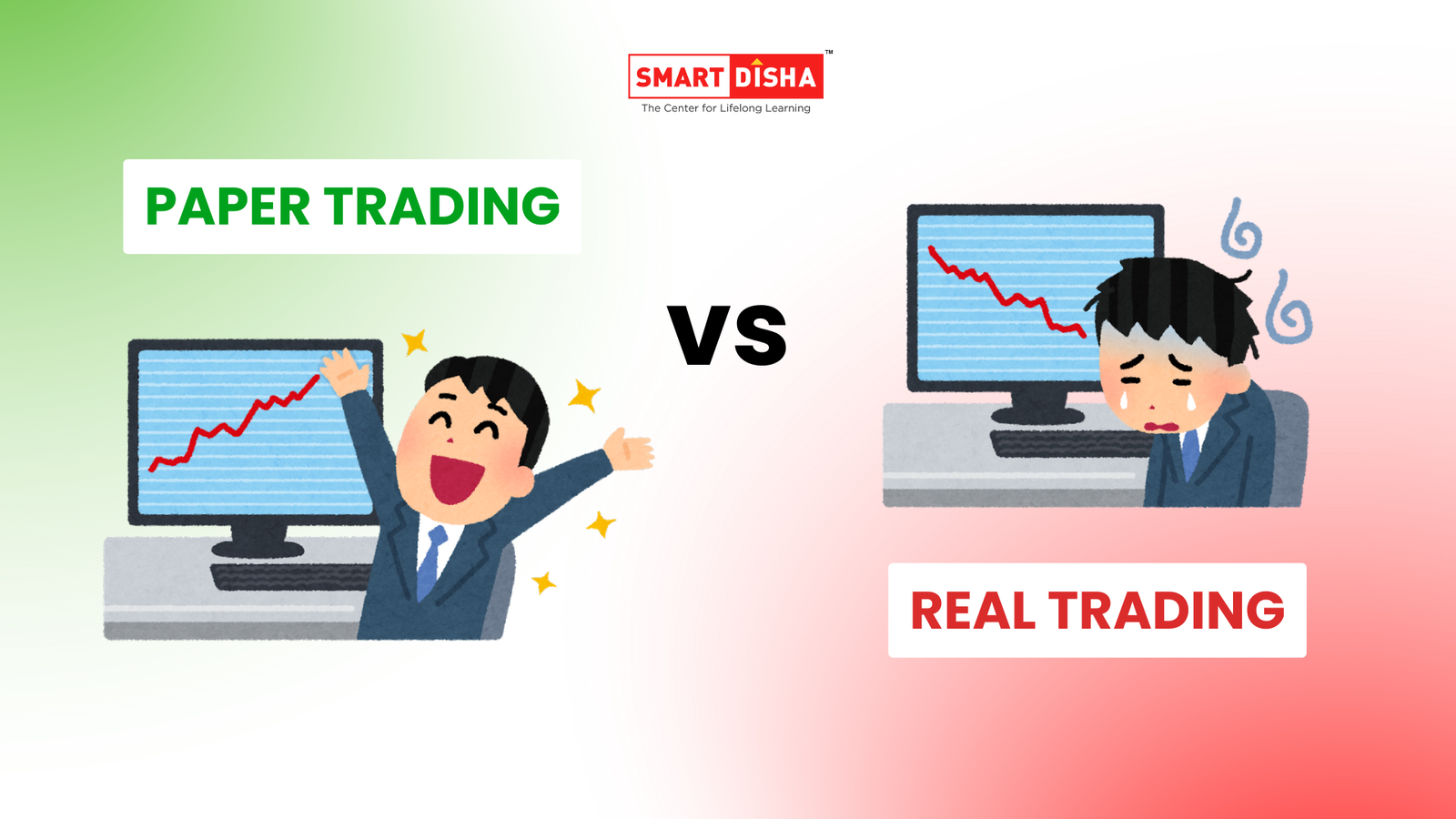In the world of trading, confidence is essential. Every trader needs to trust their strategy, believe in their analysis, and act without hesitation. But when confidence tips too far, it turns into something far more dangerous: overconfidence in trading. Many traders, especially after a streak of early wins, cross this line without even realizing it. The result is risky decisions, ignoring market signals, and ultimately, painful losses.
In this article, we’ll explore why overconfidence in trading is so common, how it affects day-to-day decisions, and most importantly, how you can protect your capital and long-term growth by staying balanced between confidence and humility.
The Psychology Behind Overconfidence
Overconfidence isn’t just a trading problem it’s a human problem. Psychologists have long studied how people tend to overestimate their skills, underestimate risks, and believe they have more control over outcomes than they actually do
In trading, this bias becomes more dangerous because the market is unpredictable by nature. A few profitable trades can convince a trader that they’ve “figured it out,” even though success may have come from favorable market conditions or pure luck
The real danger lies in thinking: “If I was right before, I’ll always be right again.” That mindset blinds you to warning signs
How Overconfidence Shows Up in Trading
Here are some common ways overconfidence creeps into trading behavior:
1. Oversized Positions
A trader who feels invincible might risk too much capital on a single trade. They assume their conviction is enough to override risk. One wrong move and a large chunk of capital is gone
2. Ignoring Stop-Losses
Overconfident traders often think: “The market will come back; I just need to wait it out.” They move or remove stop-loss orders, turning small losses into devastating ones
3. Overtrading
A string of wins often leads to overtrading. Instead of sticking to planned setups, traders chase every move, believing they can’t lose. The result? Burnout, high fees, and unnecessary losses
4. Dismissing Risk Management
Overconfident traders see risk management as unnecessary. Why bother with hedges, diversification, or strict position sizing if they believe every decision is correct? This arrogance usually ends badly
5. Ignoring Market Conditions
Markets change constantly. Strategies that worked in one phase may fail in another. Overconfidence makes traders think the rules don’t apply to them
Real Examples of Overconfidence in Markets
Overconfidence has taken down some of the biggest names in finance. Hedge fund managers, investment banks, and even legendary traders have suffered when they assumed their track record guaranteed future success
- Long-Term Capital Management (LTCM): In the late 1990s, this hedge fund staffed with Nobel Prize winners collapsed because of overconfidence in complex mathematical models. They ignored the possibility of rare, high-impact events and lost billions
- Individual Traders: Every bull market creates heroes who think they have mastered trading. In reality, they were simply lifted by rising tides. When conditions reverse, their overconfidence wipes them out
The Difference Between Confidence and Overconfidence
Confidence is necessary in trading:
- It helps you stick to your plan when emotions try to push you out
- It gives you the courage to take trades that align with your setup
- It builds discipline over time
But overconfidence is when belief turns into arrogance:
- Ignoring data that doesn’t fit your bias
- Believing losses are temporary setbacks that don’t require action
- Thinking “the rules don’t apply to me.”
The key is balance: confidence in your process, humility toward the market
How to Guard Against Overconfidence
- Keep a Trading Journal
Write down why you entered every trade, your risk, your emotions, and the outcome. Reviewing this regularly shows whether your wins were skill-based or luck-driven - Respect Risk Management
Never risk more than 1–2% of capital per trade. Use stop-losses consistently Overconfidence hates discipline that’s why you need it - Test Your Strategies
Backtest and forward-test strategies before going big. Overconfidence often skips testing because “I just know it works.” - Diversify
Don’t put all your capital into one stock, one sector, or one style. Diversification forces humility - Keep Learning
Overconfidence thrives on stagnation. Continuous learning keeps you aware of new risks, strategies, and market changes - Accept Uncertainty
The best traders know they can’t control the market. They can only control their risk and responses. Humility is a shield against overconfidence
Final Thoughts
Confidence is your ally in trading, but overconfidence is your enemy. It pushes you into oversized risks, blinds you to market shifts, and makes you forget that even the best strategies fail sometimes
The traders who survive and thrive are those who combine confidence in their process with humility in front of the market. They know that no matter how experienced they are, the market is always bigger
So the next time you feel unstoppable after a winning streak, pause. Remind yourself: “The goal isn’t to be right every time the goal is to stay in the game long enough to win consistently
“Overconfident traders often ignore key indicators. But successful investing comes from discipline, as shown in our breakdown of Fundamental Analysis for Technology Stocks“




